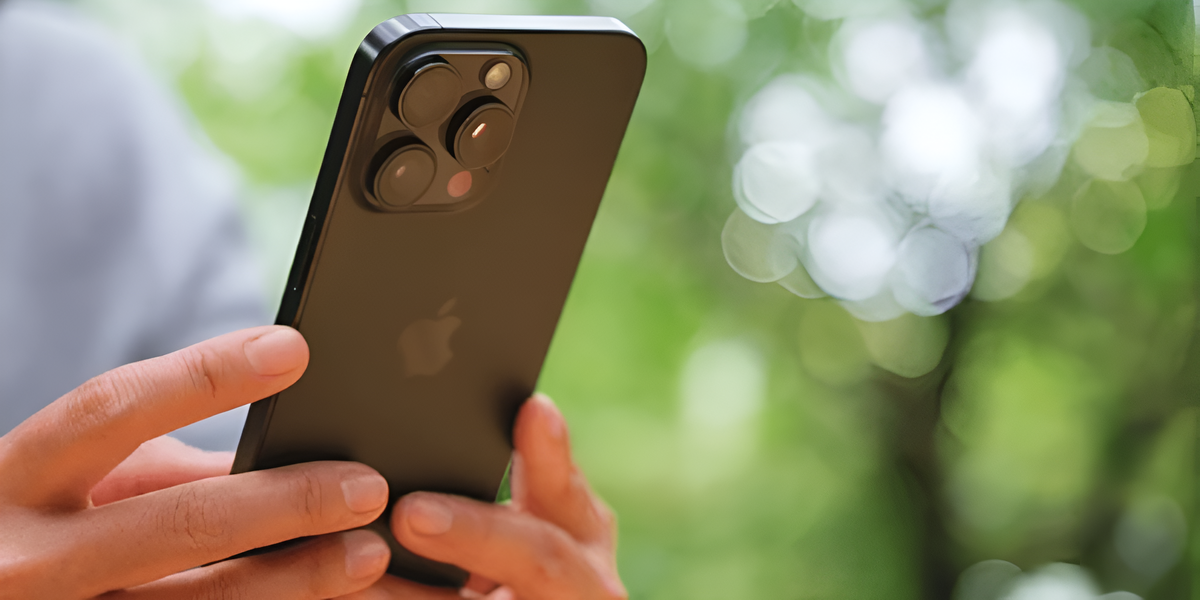Experts of the NTI Center “Digital Materials Science” at MSTU. NE Bauman has developed a new hydrogel for biosensors used in electronic skin technologies. This material responds to external stimuli by generating electrical signals, making it suitable for flexible health monitoring devices. The main challenge, the researchers noted, is overcoming the problems of swelling and poor strength inherent in such materials.
The created hydrogel consists of three blocks: flexible, which is responsible for flexibility and water repellency, solid, which provides strength due to hydrogen bonds, and conductive, which provides electrical activity. Zalina Lokyaeva, a researcher at the NTI Center, said that the material can self-heal after damage, which increases the reliability of the devices and reduces operating costs. This paves the way for the development of sustainable sensors that retain their properties even under heavy use.
But as Daniil Arzhakov from Synergy University points out, additional safety testing needs to be done before using the hydrogel to implant it in the body. Successful completion of the research could pave the way for the creation of high-tech medical devices that are not only comfortable but also durable.
Source: Ferra
I am a professional journalist and content creator with extensive experience writing for news websites. I currently work as an author at Gadget Onus, where I specialize in covering hot news topics. My written pieces have been published on some of the biggest media outlets around the world, including The Guardian and BBC News.












